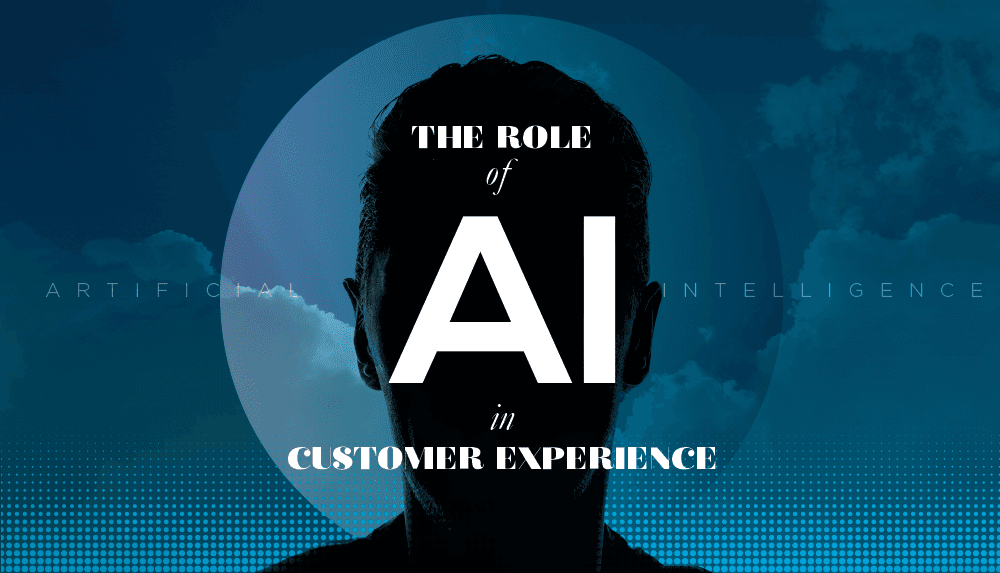Consumers gravitate towards a personal touch; it is the foundation of brand loyalty. But today, many customers find themselves increasingly working with artificial intelligence in place of real humans. The kicker is, many of us can’t even tell the difference.
Q1 hedge fund letters, conference, scoops etc, Also read Lear Capital
Customers own feelings about AI are varied, with 35% comfortable with it and 28% uncomfortable with it; however people that have knowingly used AI are more than twice as likely to feel comfortable around it in the future. In 2018 it is hard to believe that you could find a peer who hasn’t interacted with some sort of AI, and that disbelief would be well placed. Whether we know it or not, we interact with AI every day. Our Netflix recommendations are generated by AI learning our media preferences from watching us, well, watch. Call monitoring is also handled by AI and manages more data than any human could handle on their own, refines the data, and uses it to supplement employee training.
The root of the scary feelings that come from interacting with AI, especially as a customer, boils down to its humanity, or lack thereof - 33% of people expressed that bots could never “know” them as well as another human being can. Another chunk of people at 24% believe that bots will enslave humanity. With all that said, nearly 70% of people would be more likely to use AI if they thought it would save them time or money. Customer service could be seen as the last bastion of human work, but already AI is creeping up and taking over the simpler roles. Chatbots on websites are a good example of the preliminary penetration of AI into customer service, their job being to answer common and simple questions that online shoppers may have, like an instant and intuitive FAQ page. More advanced chatbots can help to guide shoppers in the right direction to what they are looking for; retailer H&M’s site chatbot works almost as a personal stylist by helping shoppers pick out pieces based on style and design. Even Burger King now accepts food orders via Facebook messenger; truly the mark of a bright future.
Customer experience goes far beyond just solving problems and dishing out coupon codes. Take a look at this infographic from Callminer for more on how AI is working to bring the humanity back into customer service one line of code at a time.







